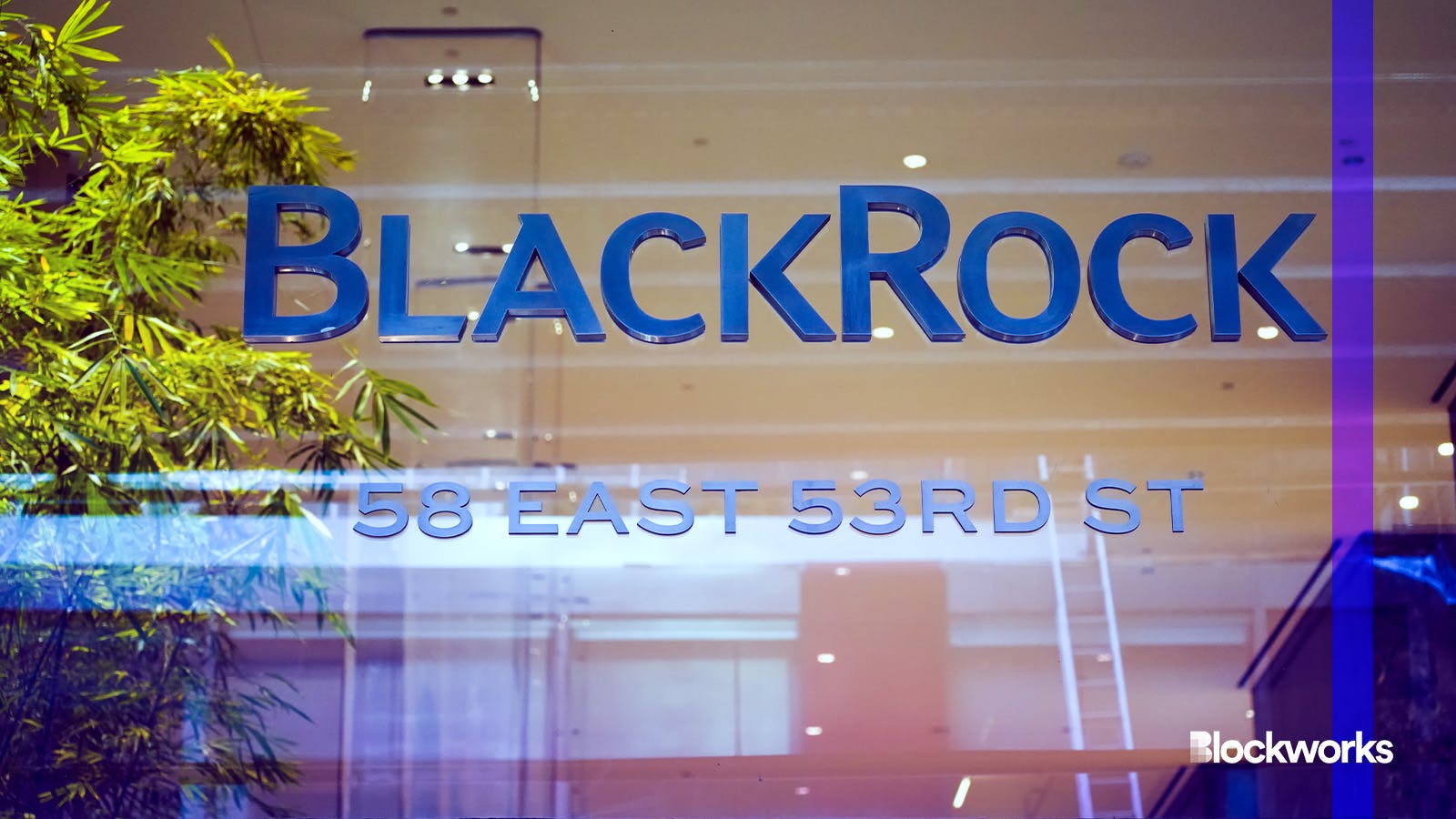BlackRock bitcoin ETF is outperforming bitcoin
ETFs will likely never track bitcoin exactly, but in the case of BlackRock’s fund, that’s apparently no problem at all

John Hanson Pye/Shutterstock modified by Blockworks
Buyers of spot bitcoin ETFs aren’t buying actual bitcoin — but that’s working out just fine so far for folks buying into BlackRock’s fund.
BlackRock’s iShares Bitcoin Trust (IBIT) has outperformed bitcoin since Thursday’s launch.
Although, it’s perhaps better to say IBIT has performed less poorly than bitcoin. The top crypto has fallen 10.2% since the ETFs went live to IBIT’s 8.9% losses, more than a full percent between them.
Read more: Bitcoin ETF Tracker
In fact, IBIT’s share price is doing better than all its rivals. As of 11:50 am ET, Valkyrie’s BRRR and Franklin Templeton’s EZBC are the worst performing bitcoin ETFs, respectively down 10.6% and 10.8%, practically the same as bitcoin and Grayscale Bitcoin Trust (GBTC).
(The figures above actually started one hour after Thursday’s opening bell to avoid any temporary volatility that may have skewed the data. The first hour is generally to be avoided on regular trading days, let alone on those marking the debut of a brand-new ETF class.)
Price aside, IBIT and GBTC are so far leading the pack in terms of volume, with $334 million and $1 billion today, respectively.
Read more: Bitcoin ETFs surpass $4B in trade volume while BTC’s price falters
GBTC, now a spot ETF, was previously a closed-ended fund for which shares could not be redeemed for bitcoin.
It’s unclear at this stage how much capital has flowed out of GBTC and into other funds, if any, but the vehicle had around $29 billion in bitcoin before its conversion earlier this week.
Some discrepancy between the price of bitcoin and the share price of ETFs is to be expected — ETFs offer exposure to the underlying asset and the value of that exposure is influenced by its own supply, demand and liquidity.
Much of the appeal of spot ETFs is that they should track the price of the underlying asset closer than funds with synthetic exposure through futures contracts.
BITO, the largest futures-backed bitcoin ETF with more than $2 billion in assets as of earlier this week, is practically mirroring BlackRock’s fund.
While all this could change on a dime, overperformance in IBIT, or any other beating bitcoin, could be indicative of investor preferences, with those shares in hotter demand relative to the rest.
Get the news in your inbox. Explore Blockworks newsletters:
- The Breakdown: Decoding crypto and the markets. Daily.
- 0xResearch: Alpha in your inbox. Think like an analyst.






